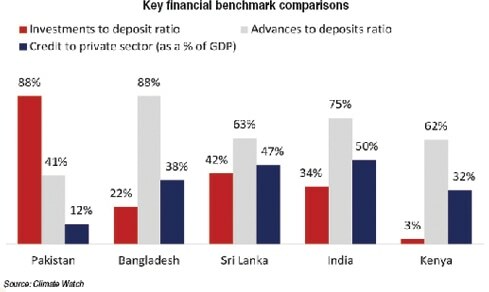Financial statements provide information about an enterprise’s financial position, performance and changes in the stated position that is useful in making decisions for a wide range of users. Therefore, the availability of reliable information is very important.
External auditors are supposed to comply with the generally accepted accounting principles (GAAP) and help in identifying weaknesses in internal controls, point out fraud and embezzlement and suggest ways to plug and bridge gaps.
The role of auditors is critical in terms of upholding and maintaining stakeholder confidence and trust in financial statements. Even the slightest slip or oversight on their part can result in a serious dent to the trust and confidence reposed in them.
But there are still concerns whether auditors are truly independent of their clients. Audit firms often rely heavily on consulting work, which raises questions about their independence and their ability to confront their clients on suspected improper accounting practices. Such was the case with Enron, where consulting work accounted for more than 50pc of the revenue of its auditor, Arthur Andersen and Company.
The Institute of Chartered Accountants of Pakistan (ICAP) is the lead organisation involved in regulating auditing professionals along with the Securities and Exchange Commission of Pakistan (SECP) and the State Bank of Pakistan (SBP). Only Chartered Accountants (CAs) are authorised to sign audit reports. Others including ACCAs are barred under the law.
There are still concerns whether auditors are truly independent of their clients
In order to enhance the quality and credibility of auditing professionals, the ICAP rates CA firms either as ‘satisfactory’ or ‘unsatisfactory’. There is no further categorisation within these two broad categories. The ICAP’s Control Review programme is overseen by a quality assurance board consisting of eleven members with five nominees each from ICAP and the SECP, one from the SBP and one from the PSX.
As opposed to the ICAP’s Quality Control Review (QCR) programme, the State Bank of Pakistan categorises audit firms in A, B and C categories as it maintains a panel of auditors in pursuance of section 35 of Banking Companies Ordinance 1962.
Only those audit firms which appear on the SBP’s panel of auditors, can conduct the audit of banks and DFIs. The SBP’s categorisation of audit firms has also gained popularity with other government departments such as the Ministry of Interior.
Under the newly introduced registration policy for International NGOs working in Pakistan, MOI require all INGOs to have their accounts audited from the SBP rated category A or B audit firms. The SBP’s framework does mention several aspects that are taken into account while rating audit firms however, it does not provide a clear criteria or basis for such categorisation.
Questions regarding auditor’s independence, poor quality of audits, lacklustre audit reports, self-regulation and ineffectiveness of current regulatory mechanism have rendered creation of an oversight body: the Audit Oversight Board (AOB). The board has been entrusted with functions to register and de-register audit firms, conduct review and provide oversight to the ICAP’s QCR programme.
Like any new organisation, the AOB will face challenges. Its biggest test would be in terms of its ability to establish itself as an independent entity. Despite the presence of the SECP, the SBP and the PSX on the ICAP’s Quality Assurance Board, it is dominated by chartered accountants themselves.
Self-regulation has also been the most important contributing factor in terms of auditors not accepting responsibility for the audits that they conduct. Merely reading the standardised format of an auditor’s report makes this fact amply clear. The auditor’s report does not inform its users if the funds received for a specific purpose are spent for the same purpose.
Given the issues and inefficiencies in the current regulatory framework the AOB faces a challenging and daunting task ahead. We must keep our fingers crossed as things unfold in the near future.
The writer is manager (certifications) at the Pakistan Centre for Philanthropy
Published in Dawn, The Business and Finance Weekly, May 1st, 2017











































